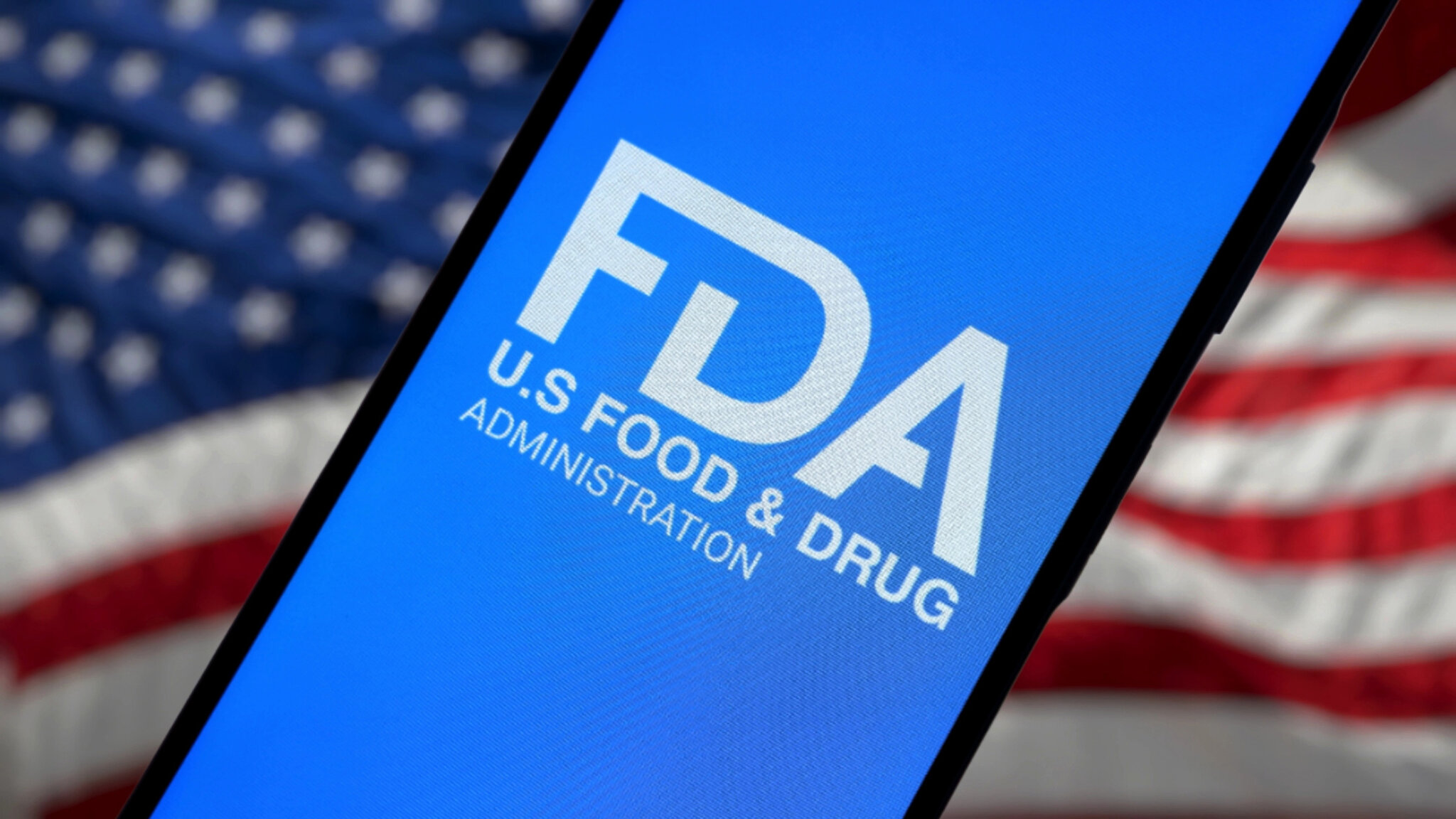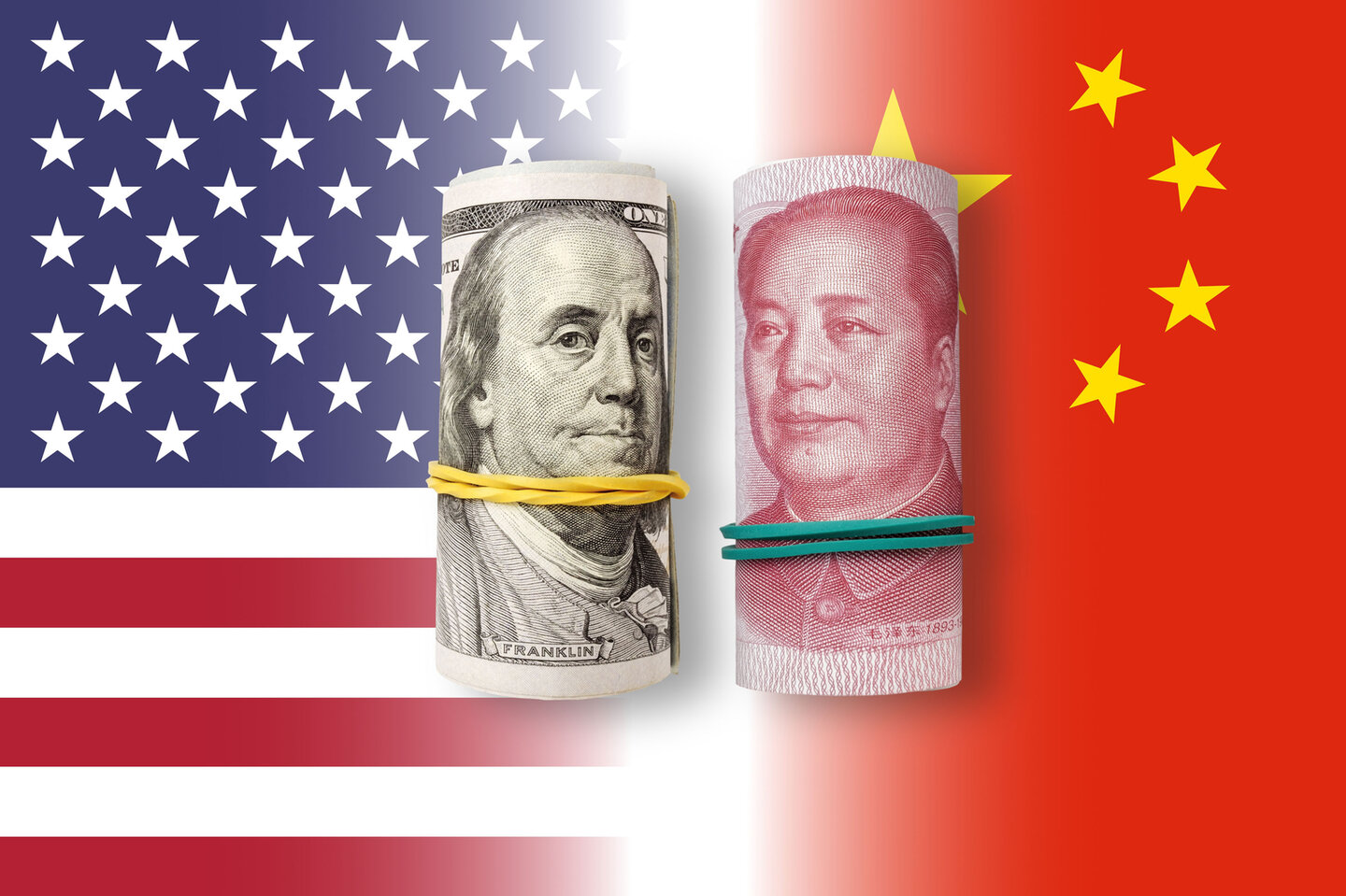Feature
Uncertainty remains over FDA ruling on CGT trial samples
The FDA has announced it will no longer accept clinical trials that involve sending cells from US to China for gene editing. Abigail Beaney investigates.

Credit: Poetra.RH / Shutterstock
The impact of a recent US Food and Drug Administration (FDA) ruling barring new clinical trials that involve sending US citizens’ living cells to China and other countries for genetic engineering remains unclear, according to experts.
The sudden decision, announced on 18 June, would ban new clinical trials that involve sending US citizens’ living cells to China and other ‘hostile’ countries for genetic engineering and subsequent infusion back into US patients, which the agency said could sometimes happen without the patient’s knowledge.
The order, which is part of the efforts to implement two executive orders, 14117 and 14292, both implemented by the Trump administration, will likely have a bigger impact on smaller cell and gene therapy (CGT) biotechs which do not have their own manufacturing capabilities and may struggle to afford more expensive US contract development and manufacturing organisations (CDMOs).
“The scope is a little unclear currently,” says Anshul Mangal, CEO of Project Farma, a consultancy firm for biomanufacturing strategy. “The FDA has not said how many trials are affected, but the policy could potentially impact cell therapies, for example, CAR-T, where manufacturing steps sometimes occur overseas.”
Logistics vs cost of overseas manufacturing
It is hard to say how many US companies use Chinese CDMOs for CGT trials; however, some experts believe there may be lots, while others believe that, due to logistics, it may not be standard practice.
The attraction to China for smaller biotechs specifically is the lower costs for manufacturing, with Frank Li, general manager of Cytoart, a provider of cell therapy solutions that has operations in both the US and China, believes may be common practice, and this ruling will down the line impact the number of CGT trials available to US patients.
Others, including Dr. Anthony Davies, founder of Dark Horse Consulting, which specialises in CGTs, disagree and believe the impact will be minimal.
“I do not believe this is a particularly common practice in clinical trials,” Davies explains. “Most of the time, autologous therapies are not sent abroad to China. In fact, they're not often sent abroad at all because it's an extremely inefficient way of doing it.”
“Shipping them around the country is hard enough. Shipping it internationally and you're suddenly dealing with customs, which can cause potential delays,” Davies adds.
According to Mangal, even US trials that use Chinese-developed cell therapies will already be manufacturing domestically due to logistics, so the immediate disruption for these companies will be limited; however, if there were plans for international transfer, these studies will likely be delayed.
Will companies shift to American CDMOs?
For those who are using Chinese CDMOs, a shift to American CDMOs could mean pipelines are restructured or that companies cancel upcoming studies while they try to manage increasing costs.
“Sponsors will need to redesign the protocols so that all cell processing occurs domestically, or at least not in countries that are subject to restriction. This could potentially delay timelines if you know you're a US company that's having that's has cell-processing occurring in China,” says Mangal.
Li goes as far as to believe that this decision could lead to fewer clinical trials, or programmes will be postponed or cancelled completely due to the costs being too high for smaller-scale biotechs at a time when funding has been a challenge.
Mangal notes that the cost of US manufacturers will be a bottleneck; however companies may look to other countries, such as India or others to find the same type of cost-effective third-party manufacturing.

Credit: Tomas Ragina / Shutterstock
Davies agrees, emphasising that the huge cost difference will be difficult for some companies to manage. “On a cost basis, we estimate that you can do contract manufacturing in China between five and 10 times cheaper than you can in the US in the West, and that’s being conservative,” he adds.
In time, this may improve, and US manufacturers may be able to reduce costs as they increase capacity amid a push for onboarding manufacturing by the Trump administration; however, Li believes this will take quite a lot of time.
Some CDMOs will be ready to take on the demand as they are increasing infrastructure in line with onshoring demand by the Trump administration, but it will still take some time to fill the gap left by China, Mangal believes.
“It cannot completely replace what the Chinese market is doing yet, but I think they could scale up to provide that capacity. If American CDMOs don't scale up, it could create bottlenecks and high-scale, specialised manufacturing,” says Mangal. “We're already seeing a shift with the BIOSECURE Act and tariffs, and we'll continue to see more of a shift to US domestic manufacturing.”
Establishing proof of concept
One strategy that biotechs may consider is running studies in China to establish proof-of-concept before transitioning to the US, where studies will cost more, says Li.
The advanced capabilities of Chinese CDMOs may also be a draw to running studies in the country, whilst establishing a proof of concept. “I don't think that startup companies in the US and other parts of the West consider these options seriously enough. I don't think there's enough awareness of the amazing capabilities that Chinese companies have these days,” says Davies. “Chinese entities are super capable, in many cases more capable than the American counterparts.”
The robust infrastructure may also make other parts of the globe, such as Europe, a more attractive area for research, especially given that the FDA will consider European trial data.
“If China data cannot be accepted, Europe is good, and Australia is also a possibility,” notes Li. “This will affect Americans and create more burden to some companies, especially small biotech and startups.”
As the FDA’s recent stance continues to evolve, the full impact remains to be seen. However, the decisions CGT companies make under the Trump administration may indicate a trend toward more cost-effective development strategies.